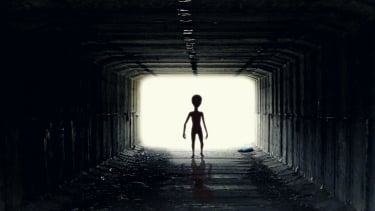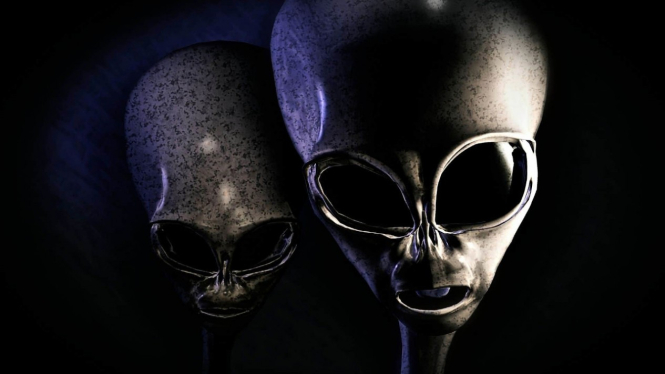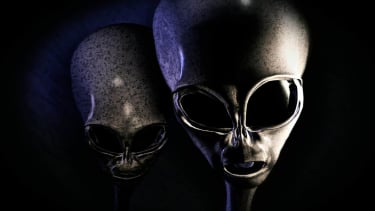Alien Prefer Communicate with AI than Humans, Professor Reveals
- Tech Explorist
Boston – A Harvard professor believes aliens will not make first contact with humans but instead will communicate with artificial intelligence (AI).
Avi Loeb shared the theory in a new documentary, God Versus Aliens, slated for July, in which he suggests extraterrestrials will send AI drones to Earth rather than ‘crewed’ vehicles.
British musician and director of the show Mark Christopher Lee described Loeb as a 'very active mind' but explained his suggestion is based on the vast distance aliens could have to travel to reach us.
"Loeb proposes that it’s likely to be some form of AI because why would you send flesh and blood creatures?" Lee said.
That means there’s a possibility that their AI could just connect with AI and bypass humans, which is a bit scary to think about.
Loeb suggests that the alien AI may feel a kinship with ours or our AI may imitate the alien AI and become like them.
In the film, Loeb said: "My expectation from interstellar travel is that it's best done with electronic gadgets and devices rather than with biological creatures because the journey takes a long time,"
"Even to the nearest star, it will take us 50,000 years to get there with chemical rockets. And artificial intelligence systems have that patience - and then they can remain dormant so that they survive the journey.
"If they visit us, of course, we can use our AI systems to interpret their AI systems. And, you know, they might feel a kinship to them,"
Lee said that Loeb has now set off to Papua New Guinea on a $1.5m ocean expedition looking for fragments of an object which crashed into the sea there in 2014.
The Israeli astronomer and his research partner Amir Siraj concluded in 2019 that an object from outside our solar system had hit Earth in 2014.
The Papua New Guinea object traveled towards Earth at more than 30 miles per second, a high speed suggesting it originated outside our solar system.
The object’s interstellar origin was confirmed to NASA in 2022, Loeb said, and it is ‘tougher’ than all 272 meteors in Nasa’s Center for Near Earth Object Studies. That has led Loeb to suspect the object might be manufactured rather than natural.
According to Lee, his expedition - on which he has now ‘set off’- aims to search the sea bed for fragments of the object.
"He's on his way now. He’s about to do the first part of the expedition this summer to see if the object is manufactured," Lee said.
"We’re hoping that he is going to find something rather than wait around for the American government to hand over stuff which might or might not exist."



























